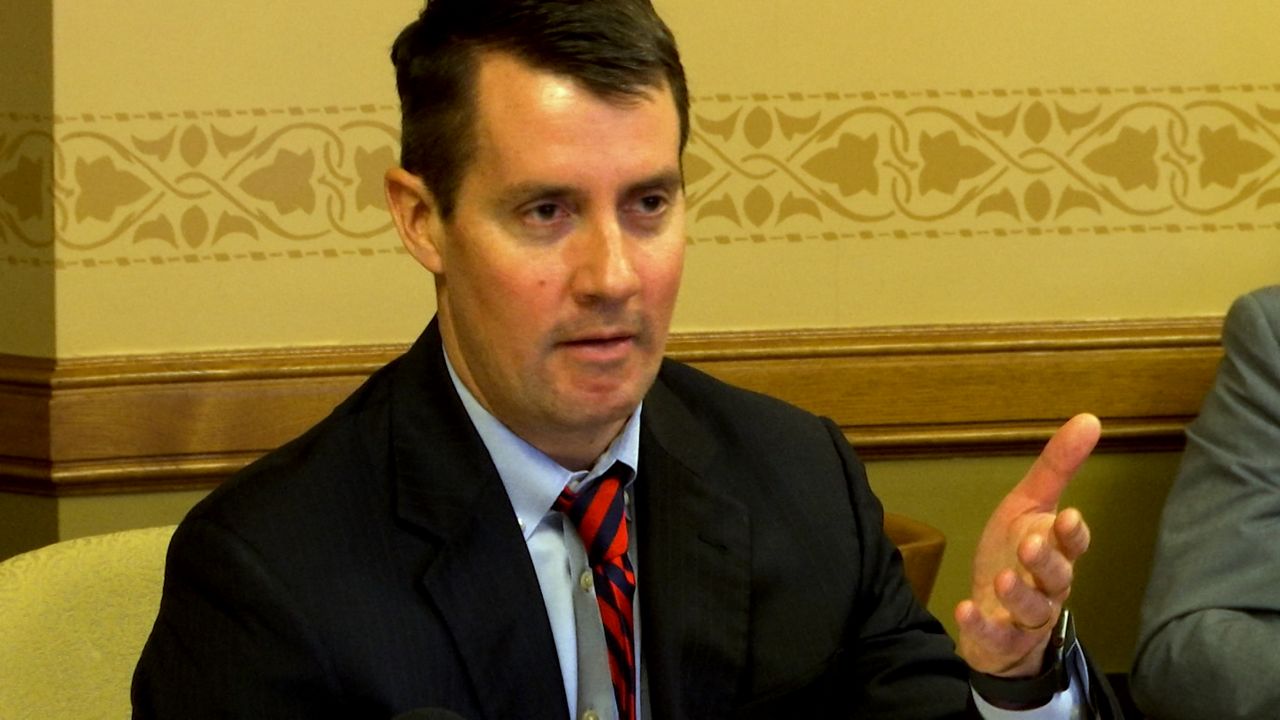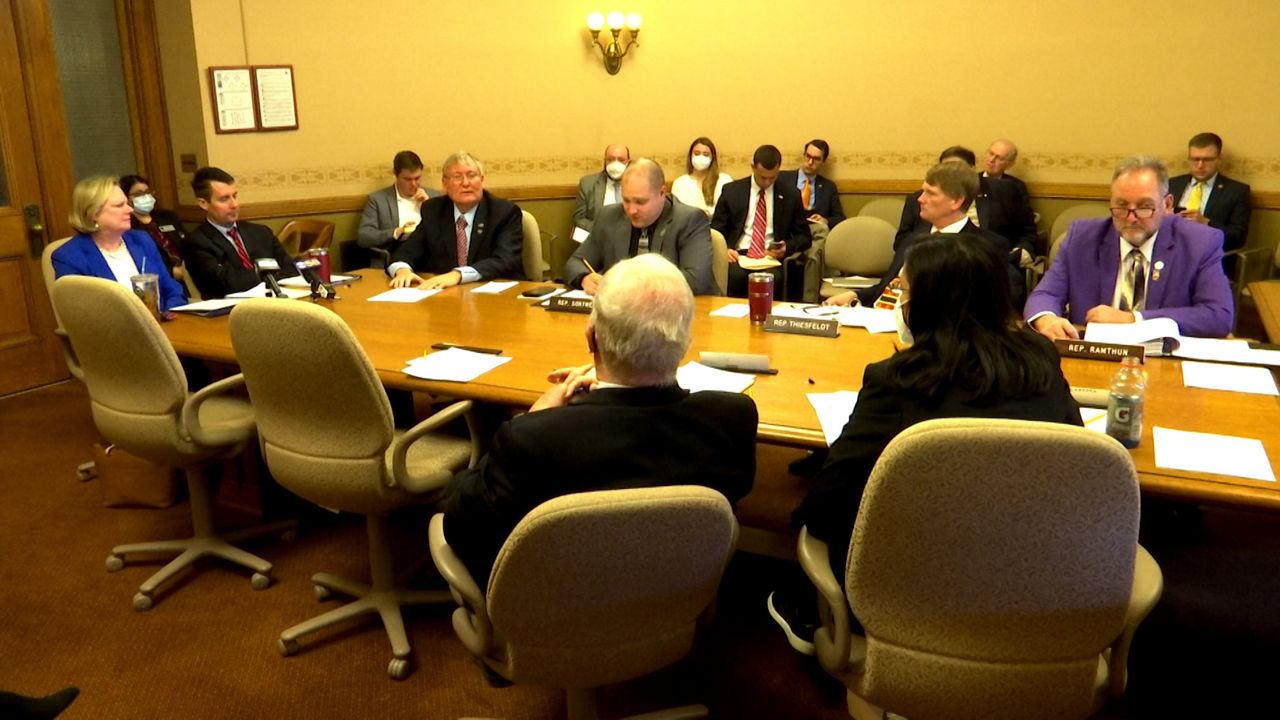MADISON, Wis. — A push to give judges more flexibility when setting bail for people with criminal histories is one step closer to a full floor vote from Wisconsin lawmakers after a public hearing Wednesday.
If all goes according to plan, there could be a constitutional amendment on the ballot as soon as next year.
During a public hearing held by the Assembly Committee on Judiciary, an argument was made repeatedly: the proposed joint resolution isn't just about the Waukesha Christmas Parade tragedy and the man who faces dozens of charges for causing it being out on $1,000 bail just days before the deadly incident. Rather, lawmakers who support a constitutional amendment said the process of setting bail has been an issue for decades.
Those who work in the justice system, like Waukesha Deputy District Attorney Michael Thurston, said when it comes to setting cash bail judges can't consider much.
“Setting cash bail, a very important function, I think both the defense and state would agree, how am I going to possibly know this defendant in front of me is going to come back to court,” Thurston asked lawmakers on the committee. “And that's what we're currently doing. We're limiting judges' discretion based on that [criterion] alone.”

State Rep. Cindi Duchow, R-Town of Delafield, wants to change that. In fact, the latest effort marks her third try.
The joint resolution she's putting forth would remove constitutional restrictions on judges to allow them to consider the seriousness of the offense, as well as a defendant's previous record, all while weighing the safety of the community.
“It would require the court to make findings based on the totality of the circumstances, including the seriousness of the charged offense, convictions for past violent, and that's important, past violent crime, and the probability the accused will fail to appear in court,” Duchow said.
State Sen. Van Wanggaard, R-Racine, has been a part of the push for change since 2017 too, and testified before the committee that the problem is anything but new.

“Many people may think this proposal is because of the Waukesha Parade Tragedy or the attempted murder of the off-duty law enforcement officer last week in Milwaukee,” Wanggaard said. “While low bail was clearly a factor in those incidents, they were not and are not reasons for AJR 107.”
With the proposal gaining more momentum from both sides of the aisle in recent years, those who deal with crime on a daily basis just hope more roadblocks don't get in the way.
“I strongly push back on the idea that this change, if we're allowing judges to be judges, and to consider the totality of the circumstances, is going to lead to some explosion in our jail population or some explosion, you know in the prison system,” Thurston said. “This is simply allowing judges to be judges.”
Duchow would like to have her joint resolution fast-tracked. To do that, the proposal would need to pass both chambers in two consecutive legislative sessions.
She hopes to get it passed a first time this month before the session likely wraps up and then again when lawmakers come back in January, so it can be on the ballot in April 2023 for voters.



